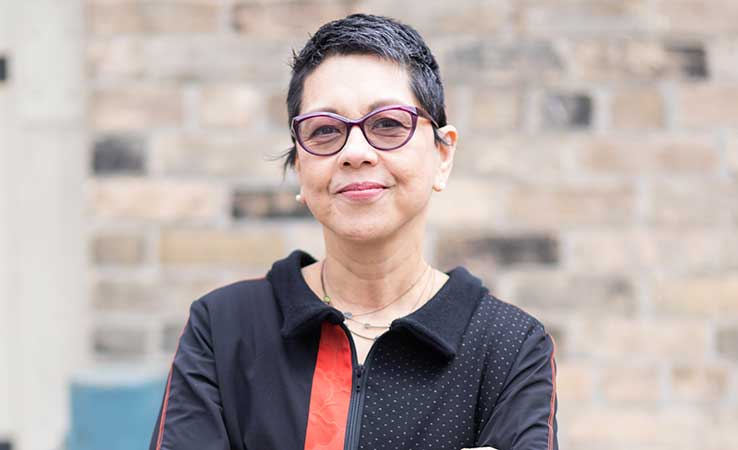Ten per cent of Canadian women are concerned about the potential of violence in their homes during the COVID-19 pandemic, suggests a Statistics Canada report from April 2020. Though cases of intimate partner violence during the pandemic have been hard to track, service providers have reported increased calls for support from families isolated at home.
“COVID-19 has magnified the risk factors associated with intimate partner violence,” said Dr. Patricia O’Campo, Interim Executive Director of the Li Ka Shing Knowledge Institute and scientist at MAP Centre for Urban Health Solutions.
“With millions of jobs lost, closures of services and schools that are often sources of comfort and refuge and added burden on the shelter system, women experiencing intimate partner violence have nowhere to turn.”
Dr. O’Campo has been researching intimate partner violence for more than 25 years. She has pivoted some of her research to address violence that may be occurring during the pandemic.
Before the spread of COVID-19, Dr. O’Campo’s team designed and tested two apps to support women in abusive partnerships: the WITHWomen app, which helps women and their health care providers screen for abusive behaviours; and the Pathways app, which allows women to conduct a danger assessment for themselves and their children and build a personalized safety plan.
“The limitation of these apps is that they don’t have safety planning content tailored to a public health emergency like COVID-19,” Dr. O’Campo said. “For instance, the apps are not meant to be used in close proximity to the perpetrator, and they do present recommendations that may not be appropriate at this time, such as asking someone experiencing intimate partner violence to visit a friend or family member’s house for support.”
She and her co-principal investigator, Dr. Nicholas Metheny, a Post-Doctoral Research Fellow at St. Michael’s, have set out to redesign and test the Pathways app in the context of the pandemic.
Their research will focus on four activities: rapid research around safety planning, including compiling information from and with community agencies and women with lived experience; modification of the Pathways app to swap in content that is pandemic-appropriate; a social media awareness campaign about the apps; and the development of a toolkit to help providers incorporate the app into virtual appointments with those who may be at risk.
“Once we design a COVID-19 relevant version of the Pathways app, our research will be focused on making sure this tool can truly make a difference in people’s lives,” Dr. O’Campo said. “We want women to know they’re not alone, and we want to be able to support them through this difficult time.”

